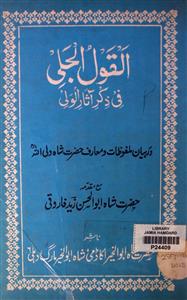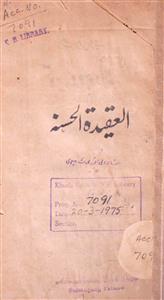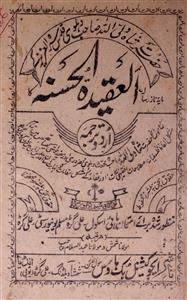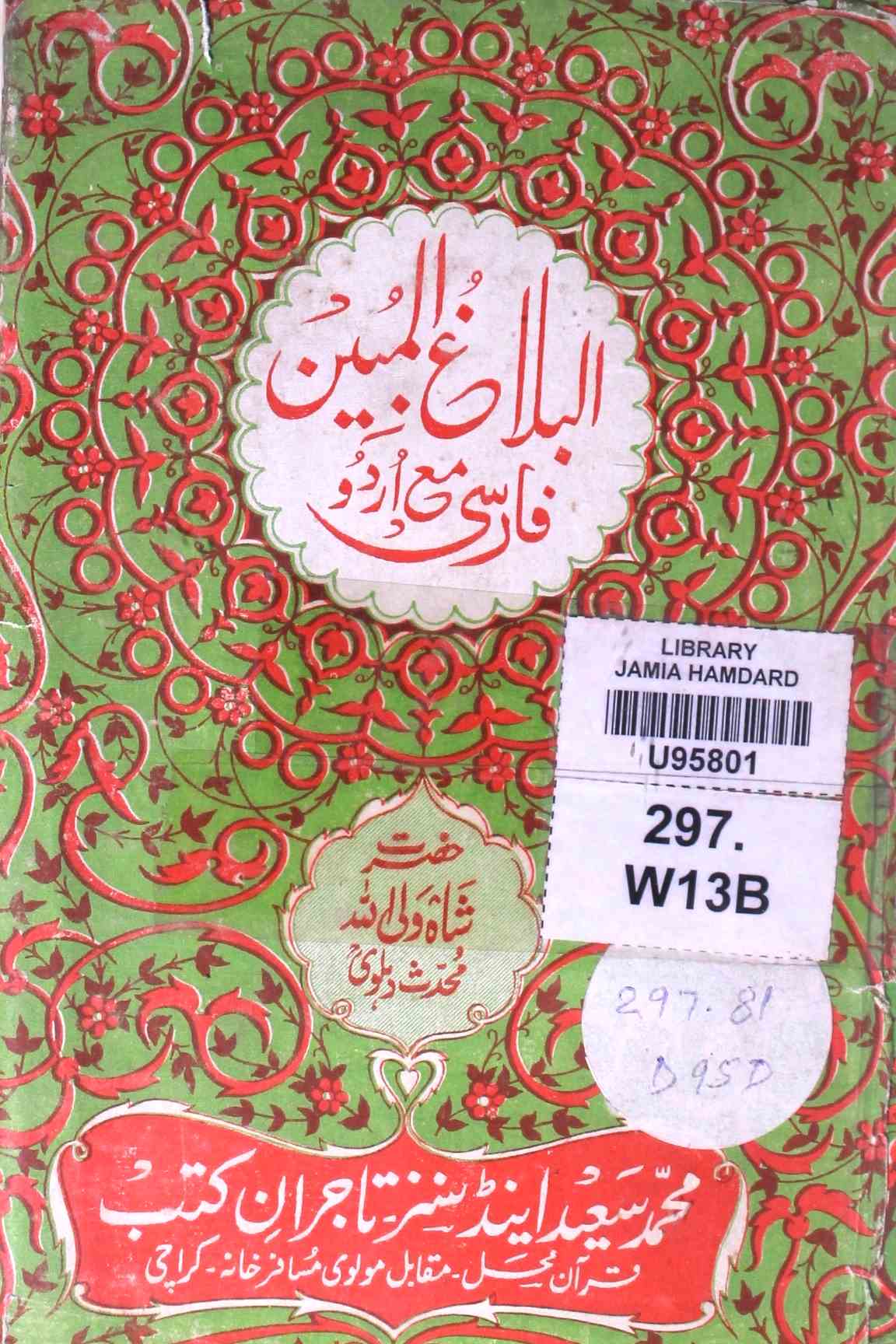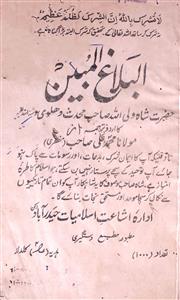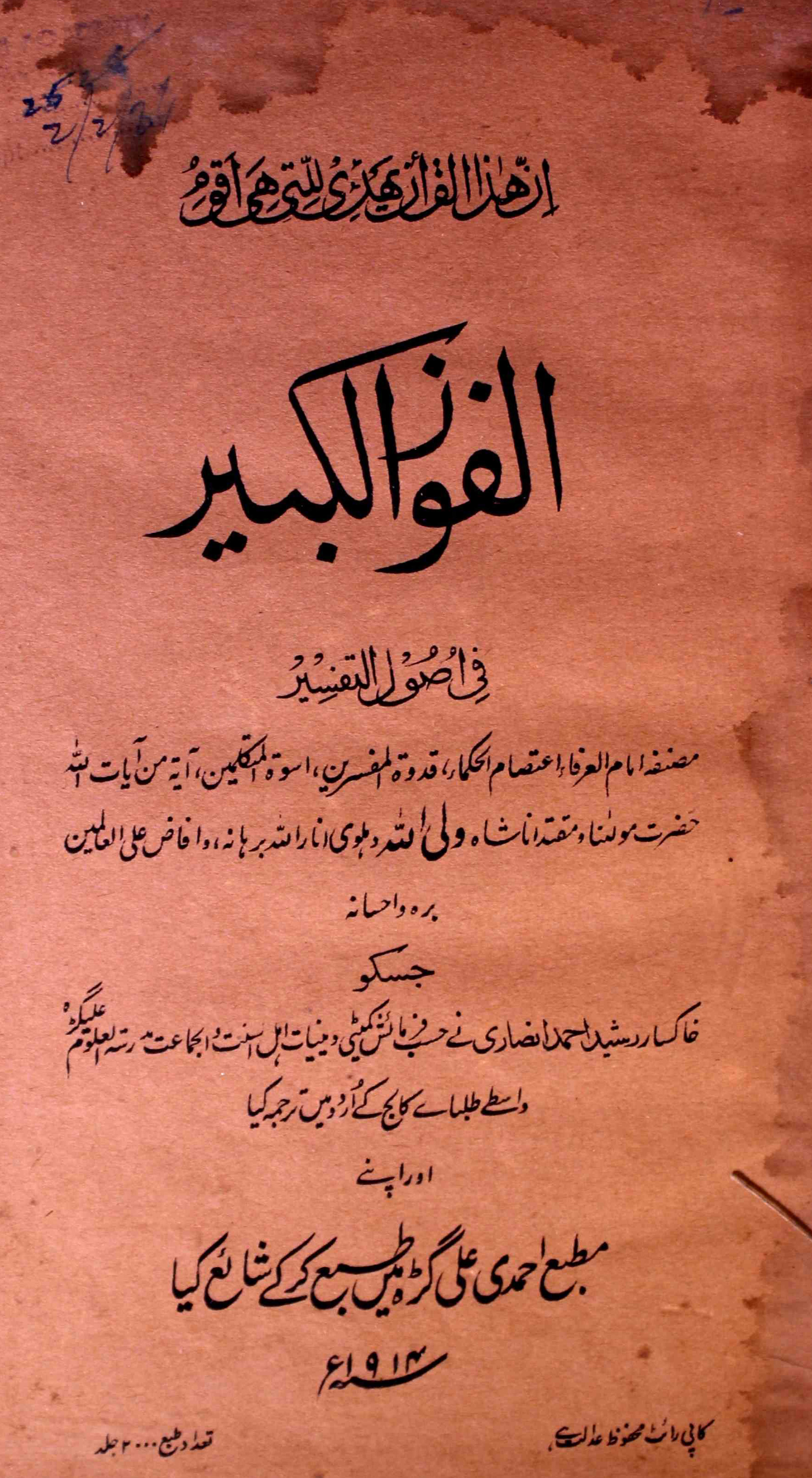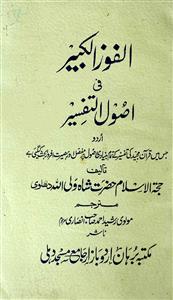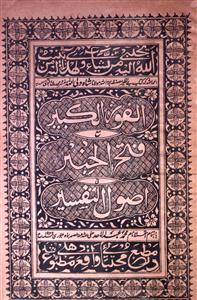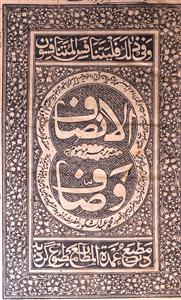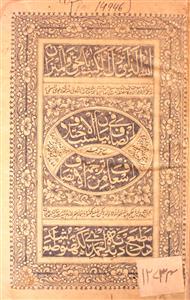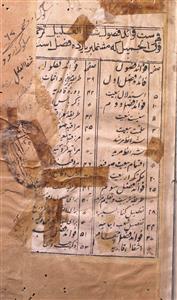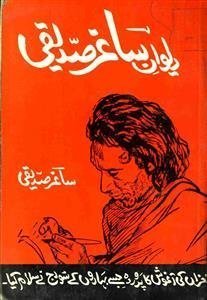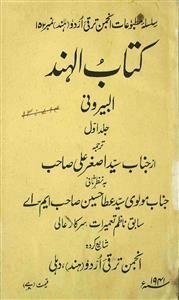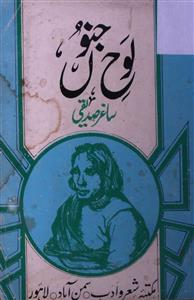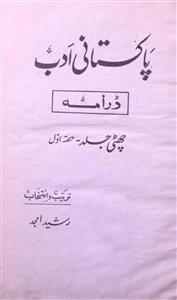 For any query/comment related to this ebook, please contact us at haidar.ali@rekhta.org
For any query/comment related to this ebook, please contact us at haidar.ali@rekhta.org
About The Author
Shah Waliullah Muhaddith Dehlavi (birth name Syed Qutb al-Din Ahmad ibn Abd al-Rahim ibn Wajih al-Din ibn Mu'azzam ibn Mansur, commonly known as Ahmad Waliullah; 21 February 1703, Muzaffarnagar – 20 August 1762, Delhi) was one of the greatest scholars, Qur’an exegetes, jurists, philosophers, theologians, thinkers, and reformers of the Indian subcontinent. He memorized the Qur’an at the age of seven and acquired religious knowledge, spiritual training, and authorization (Bay‘ah and Khilafah) from his father, Shah Abd al-Rahim Muhaddith Dehlavi. Later, he traveled to the Hijaz to study Hadith, Fiqh, and Tasawwuf under Shaykh Abu Tahir al-Madani and other eminent scholars, receiving formal authorization in these disciplines. In Sufism, he was affiliated with the Naqshbandi–Mujaddidi order and also with the Naqshbandi Abu’l-‘Ulayyah branch, which he carried forward, upholding its spiritual tradition. To make the Qur'an accessible to the common people, he produced a Persian translation, which was the first comprehensive translation of its kind in the subcontinent. His notable works include Hujjat Allah al-Baligha, Izalat al-Khafa ‘an Khilafah al-Khulafa, al-Qawl al-Jamil, Fuyud al-Haramayn, and al-Insaf, covering Tafsir, Hadith, Fiqh, history, and Tasawwuf. He emphasized the harmony of Shari‘ah and Tariqah alongside spiritual development and played a significant role in reforming society, removing moral corruption and misunderstandings through wisdom and insight.
 For any query/comment related to this ebook, please contact us at haidar.ali@rekhta.org
For any query/comment related to this ebook, please contact us at haidar.ali@rekhta.org
Write a Review
Jashn-e-Rekhta 10th Edition | 5-6-7 December Get Tickets Here
